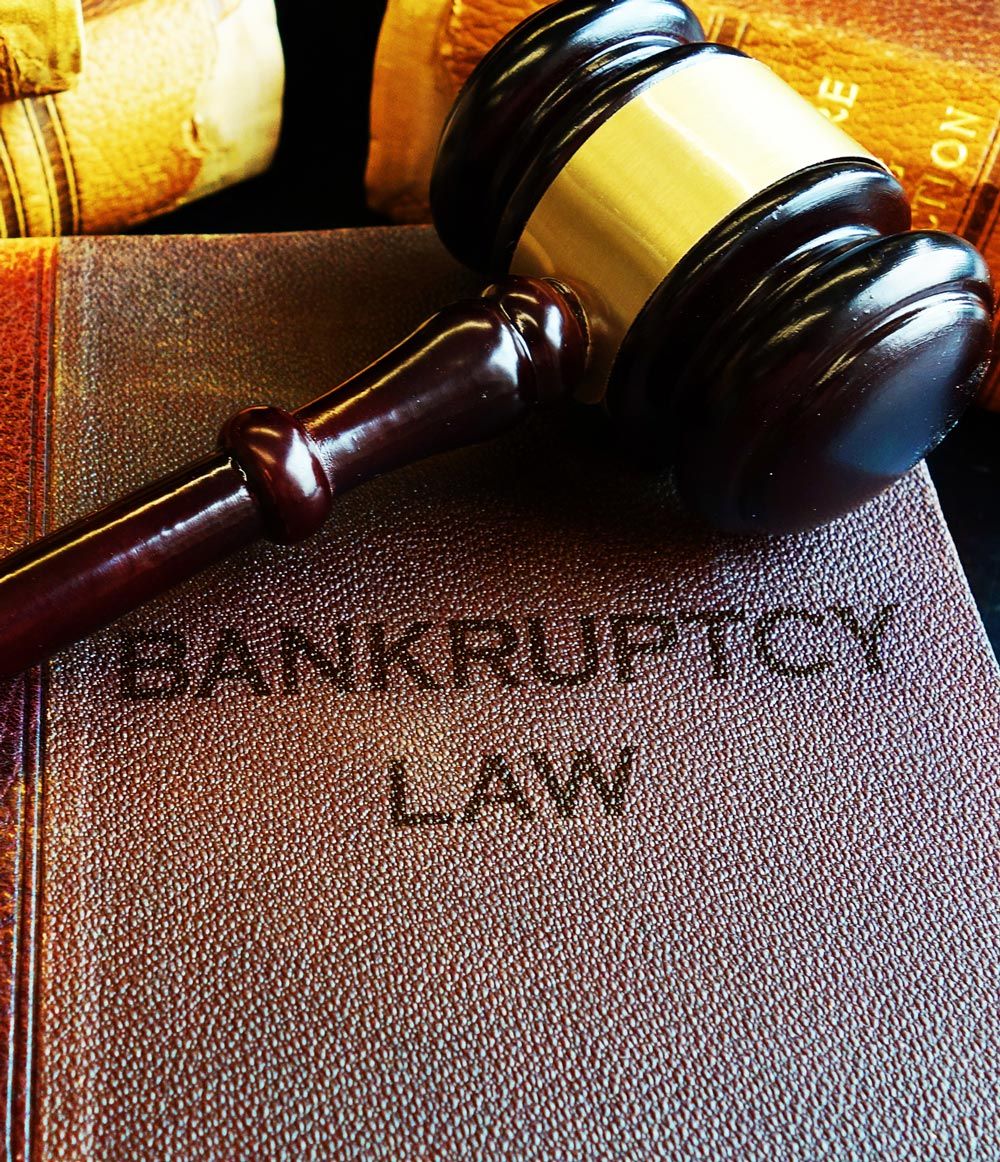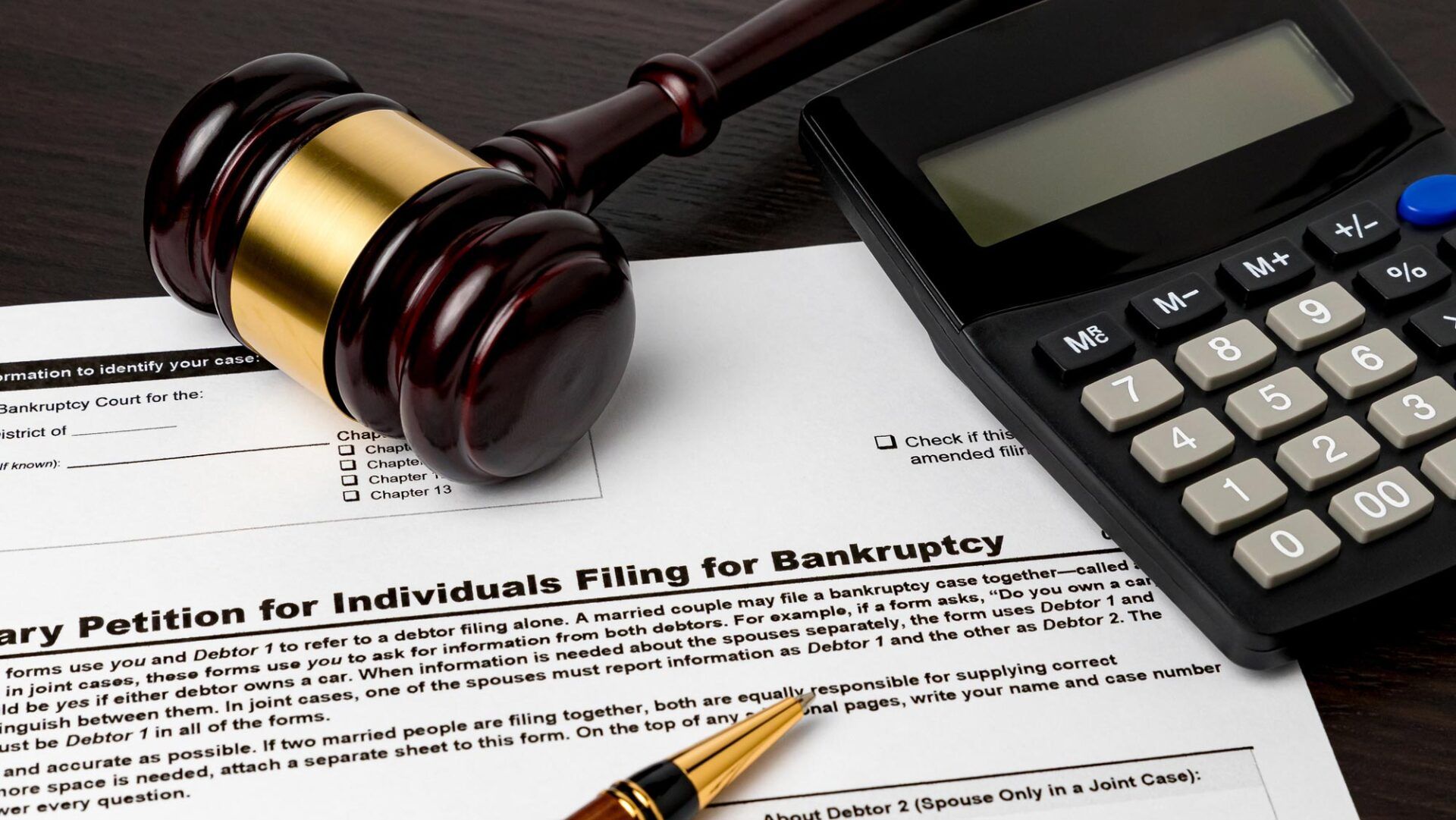Navigating Bankruptcy Law
Business Bankruptcy

Small businesses are one of the most important parts of the Massachusetts economy and that of the United States as a whole. Unfortunately, in times of rising energy prices and economic downturn, it is often the small and mid-sized businesses that suffer.
If your business is badly in debt, U.S. bankruptcy law offers you real options for seeking relief. Whether you choose to liquidate your business or reorganize your debt and pay it off in installments while you remain in operation, the experienced Chelmsford business bankruptcy lawyers at Kurland, Grossman, & Stramaglia, P.C., can provide you the sound legal advice and dedicated representation you need.
Debt Liquidation or Debt Reorganization: Which Option Is Right for Your Business?
There are complex financial, personal and business considerations to consider when deciding whether to pursue a Chapter 7 business liquidation bankruptcy or Chapter 11 reorganization bankruptcy.
Our law firm serves the interests of family corporations, small businesses, sole proprietorships, partnerships, and professional practices in Massachusetts. Whether Chapter 7 or Chapter 11 offers the best debt relief option given your circumstances, our experienced bankruptcy lawyers have the skill and detailed understanding of business and the law to guide you through the process.
Our focus is on providing you with the straightforward information, sound legal guidance and creative options you need to make the best decision for yourself and your company.
Lien Avoidance & Cramdowns
There are situations where a creditor will place a judicial lien on a debtor's real estate either in the form of a real estate attachment or an execution. A judicial lien is a lien that arises from a lawsuit against the debtor. This lien is a cloud on the owner's title. It is also called an "encumbrance" on the property. This means that the creditor is now able to exercise certain options regarding the real estate. The creditor that has recorded an execution could conduct a sale of the property which is often referred to as a Sheriff's Sale. More commonly, the creditor will simply let the lien remain as a cloud on title. An attachment on real estate is valid for six (6) years while an execution remains a cloud on title for twenty (20) years. These liens transform the creditor from being unsecured (meaning that there was no collateral to secure the obligation) to being secured by the real estate that has been encumbered by the lien. Should the owner of the real estate seek to sell or refinance the property, the lien must be paid off, or in technical legal terms, the lien must be "satisfied" as a condition of the sale or refinancing of the property. By placing the lien on real estate, the creditor has improved its status (from "unsecured" to "secured") and is now able to affect the landowner's ability to sell or refinance the property. These judicial liens are considered "non-consensual" meaning that the property owner did not voluntarily sign any papers that would automatically create a secured status. Examples of consensual liens would be mortgages or home equity lines of credit in which the property owner contracts with the lender and grants the creditor a lien on the property.
One of the powers of the bankruptcy court is that it can, under appropriate circumstances, invalidate judicial liens and remove the cloud on title. The term that the court uses is that the lien is "avoided." Once such an order from the bankruptcy court avoiding a lien is recorded at the registry of deeds, the cloud on the title no longer exists and the property owner can sell or refinance the real estate without having to satisfy the avoided lien. This is an important right that debtors can exercise so that they can get the "fresh start" that is the purpose of the bankruptcy laws. Although lien avoidance is available to many debtors in bankruptcy, there are circumstances where lien avoidance is not attainable. It is important to consult with an experienced bankruptcy attorney to determine whether this procedure can benefit your circumstances.
Lien avoidance should not be confused with mortgage cramdowns. A cramdown may be available where the value of the collateral, usually real estate or a vehicle, is worth less than the amount of the mortgage or vehicle loan. The bankruptcy court has the power to reduce the amount of the debt secured by collateral to the actual value of the collateral. For example, if a vehicle is worth $10,000 but has a loan with a balance of $12,000, the court can cramdown the amount of the loan to the $10,000 value of the vehicle. Cramdown is not available for a single-family home that is the debtor's residence. It is available for commercial real estate and multiple-family homes regardless of whether the debtor resides at the property. Bankruptcy law is extremely complex, and it is strongly recommended that people considering bankruptcy as a means of discharging their debts consult with an experienced bankruptcy attorney before taking any action. It is vital that people understand the options available to them and how the law can be used to their best advantage. This has never been truer than during these very difficult financial times. It has become commonplace for people who recently had excellent credit to now face lawsuits or foreclosure due to their inability to make their monthly mortgage or credit card payments.
Chapters 7 & 11 Bankruptcy

If an unforeseen circumstance such as a health crisis or sudden business downturn has left you with overwhelming personal or business debt, the guidance of an experienced bankruptcy lawyer can be an invaluable resource in determining how to move forward.
At Kurland, Grossman, & Stramaglia, P.C., our skilled attorneys provide individuals and businesses in Massachusetts with knowledgeable legal advice and real options for addressing overwhelming debt under Chapter 7 or Chapter 11 of the U.S. Bankruptcy Code. Contact us for a free informative consultation with a Chapter 7 attorney.
Debt Liquidation: Chapter 7 Bankruptcy For Individuals And Businesses
Chapter 7 liquidation bankruptcy is available to qualified consumers and businesses. In a Chapter 7 bankruptcy, there are laws to protect a significant number of assets and still enable you to discharge most of your debt. Certain debts are non-dischargeable such as alimony and child support obligations, student loans and some taxes.
Due to recent changes in bankruptcy law, it has become more difficult for some consumers to qualify to have personal debts discharged under Chapter 7.
To find out if you qualify for a liquidation bankruptcy, please contact our office today. You may also consult the means test chart to find out whether your income falls within the range allowed under Chapter 7.
Business Reorganization: Chapter 11 Bankruptcy
Chapter 11 bankruptcy is often the best option for fundamentally sound businesses experiencing the negative effects of a serious economic downturn. Under Chapter 11, your business can continue in operation under bankruptcy court supervision while you focus on rebuilding assets, reducing debt and stabilizing cash flow.
To learn more about how Chapter 11 bankruptcy may serve both your immediate debt relief needs and long-term business goals, please contact our office today to speak with an experienced bankruptcy and business law attorney.
For further information about how Kurland, Grossman, & Stramaglia, P.C. can help you with all your bankruptcy questions, call (978) 256-2660.
